Happiness is a feeling sought by everyone. But few people really manage to find it. In Buddhism, happiness is synonymous with detachment from all material things or even harmful feelings such as anger.
The Conception of Happiness in Buddhism
Happiness is a feeling that a human being experiences in daily life, particularly when some thirst or desire is satisfied. This is the ordinary conception of happiness known to all. In Buddhism, the presence of happiness is noticed when there is no longer any thirst or desire. The happiness of the Buddhist is therefore linked to the absence of thirst. Moreover, from the moment there is an absence of desire, suffering immediately disappears since there is nothing more to achieve. Furthermore, we can say that the absence of thirst is therefore also synonymous with the disappearance of suffering.
Being happy therefore means no longer suffering for a Buddhist. Acceptance of everything in life is ephemeral and it allows us to be free from suffering. In other words, it is the acceptance that nothing lasts. This allows you to enjoy every moment without dreading the end. The actions of a human being determine whether he is happy or not since all feelings are the fruit of his actions.
Moreover, as long as there is thirst, human beings cannot find happiness, because they will remain chained to suffering and a cycle of successive rebirth. Thus, the ultimate goal of the Buddhist is to escape and put an end to this endless cycle by reaching nirvana. The latter is light, joy and fullness, perfect knowledge and supreme happiness.
Classifications of happiness in Buddhism
Each human being has a different concept of happiness according to their needs, dispositions and interests. However, according to Buddhist philosophy, happiness is divided into two, namely the happiness of elevated conditions and the happiness of ultimate states.
The happiness of high conditions
Those who are reincarnated in favorable rebirths experience the happiness of elevated conditions. These rebirths are called happy, because there is no experience of extreme suffering which can be linked to heat or cold, hunger, stupidity and confusion. In this situation, one can also enjoy the pleasures that are associated with the five senses like shapes, colors, sounds, smells and flavors. The word Happiness of high conditions is also synonymous with temporary happiness.
Here are examples of happiness from high conditions in daily life. First of all, the fact of being able to go to bed and get up when you want or even the fact of warming up when you are cold. Then, this can also be shown by cooling off when you are hot or eating when you are hungry. And finally, acquire knowledge in various fields and develop skills such as the wisdom of listening, reflection and meditation in order to free oneself from ignorance and confusion. These are accessible to humans. We must therefore constantly remember that human life is not only made up of suffering.
It contains these kinds of happiness. We must therefore not spend time dwelling on daily suffering. We must recognize the advantages of current life and the chance we have to be able to free ourselves now from suffering and thus achieve the happiness of liberation.
The happiness of ultimate states
The happiness of ultimate states is divided into two, namely the happiness of liberation and the happiness of awakening. The second state of happiness can be achieved through experiencing the happiness of elevated conditions.
Methods to achieve happiness according to Buddha

Although human beings want to be happy, they do not know how to proceed and thus create the causes of happiness. Although we do not want to suffer, we do not know how to let go of the causes of suffering. For these reasons, we are still subject to suffering. We must think that the experimentation of this result is only due to the fact that the human being is in error. Here are the methods to achieve happiness according to the teachings of the Buddha:
Following the Noble Eightfold Path
The goal in life is to remove suffering by eliminating its causes, namely ignorance, attachment and aversion. To achieve happiness, the Buddha discovered, followed and taught a method that leads to success. This is the Noble Eightfold Path. One must practice these eight components namely right vision, right thought, right speech, right action, right livelihood, right effort, right mindfulness and right mindfulness. right concentration.
These eight concepts can be classified into three main categories including wisdom, conduct and concentration. It should be kept in mind that there is no precise hierarchy between these eight elements. Moreover, they must rather be followed at the same time to reach Nirvana which is the synonym of ultimate happiness in other words a paradise, on the other side of the bank.
Right view involves believing in the Four Noble Truths with the understanding that life is suffering. The latter is caused by the desire for temporary things. Right thinking insists on being ready to always improve in everything positive. Right Speech emphasizes honest words and speaking honestly. Right action involves avoiding acts such as theft, adultery and murder.
Right effort involves an effort of persistence and attention in applying the other aspects of the Eightfold Path, in order to avoid pessimistic thoughts and negative emotions. The last element is right concentration. The practice of meditation is central to Buddhism and involves breathing techniques.
Meditation
Through his teachings, the Buddha indicated the existence of different practices to achieve happiness. Meditation is considered a tool to achieve happiness. It is a tool for transforming the mind and allows for introspection.
It raises awareness and allows you to visualize everything that destroys happiness, namely negative thoughts, emotions and behaviors. Thanks to this practice of consciousness, it is possible to eliminate all impurities from the mind and acquire serenity. Meditation must be practiced regularly and with perseverance.
Free yourself from all sources of attachments
For Buddhists, the origin of suffering is found in attachment to ephemeral things. Everything is impermanent and destined to disappear. However, human beings create desire and want to reproduce a pleasant experience. Or on the contrary, it creates aversion towards experiences that it considers unpleasant. In the latter case, he will then feel disturbing emotions which will prevent him from accessing inner serenity.
We must therefore escape from the illusion that chains human beings. Happiness does not relate to unstable pleasures, but rather relates to the heart and mind. However, it should be noted that Buddhism does not prohibit enjoying the pleasures of life. On the contrary, it encourages you to enjoy every moment, but while acting knowingly and without creating attachment.
Understand the different sources of unhappiness and put an end to them
You should know that human beings are responsible for what happens to them, whether misfortune or happiness. The happiness we seek is not found outside, but rather inside ourselves. Certainly, plastic surgery, changing spouse, gender, job, moving, food and clothing can provide a little temporary happiness.
On the other hand, these will not allow you to find true, deep and lasting happiness. Some seek happiness through negative actions such as sexual misconduct, alcohol and gambling. But humans do not stop there, they even believe that there is no greater happiness than that experienced during these activities. However, Buddhist teaching states quite the opposite of this.
Remove occasional impurities
Happiness and suffering can only be experienced in the present. The existence of the past and the future are only conceptual. Furthermore, everything that exists is in the domain of the present moment. But how do you achieve happiness within yourself? Happiness in itself can be achieved and experienced only if we manage to control or even erase what we can call occasional impurities.
There are five of them and can be called as follows: anger, desire-attachment, ignorance, jealousy and pride. Even though the mind is basically pure and luminous in nature, one can only find happiness within oneself after removing these occasional impurities. First of all, you should know that anger is a hostile attitude that occurs when a human being is in contact with a phenomenon that is a source of suffering.
Anger is also considered a mental factor and its function is to prevent the maintenance of happiness through enduring misdeeds. Anger can be compared to a fire that lights up; it has the power to destroy the roots of virtue. It is important to cultivate what we call tolerance, because it is an antidote to anger. Then, desire-attachment also represents a mental factor. He is interested in objects that are a source of suffering and that we consider difficult to want to part with. Its function therefore consists of generating suffering.
It is really difficult to separate a mind that is attached to an object. The antidote to desire-attachment is meditation on detachment. For example, if one is attached to the body, one must contemplate its repulsive elements, namely that it is filled with blood. The body decomposes, it deteriorates, it becomes ugly. We can also meditate on the fact that if we search for the object of attachment, we discover that it has no existence of its own, like the reflection of the moon on a lake. It is an illusion to think that this reflection represents one's true nature.
Afterwards, there is the existence of ignorance. It can be defined as the absence of understanding or worse the erroneous understanding of a phenomenon. Its function is to support the emergence of disturbing emotions. To fight against ignorance, human beings need knowledge. In short, it is the act of acquiring knowledge through different classes of phenomena, including medicine, the arts, grammar, logic and philosophy.
In addition, it is the obtaining of a stable and clear mind resulting from a perfect analysis of what exists both inside and outside of oneself. Likewise for jealousy, it manifests itself as a state of mind that is deeply disturbed by the fact that others benefit from excellent conditions compared to oneself. It generates an uncomfortable feeling in the mind. In order to be able to get rid of it, one must have rejoicing and the maintenance of a joyful mental disposition.
Finally, the last one that causes casual impurity is pride. It can be translated as a state of mind marked by arrogance when observing one's own person. The function of this mental factor is to endure disrespect and the production of suffering. It is a state of mind wanting to be superior that idealizes oneself while degrading others.
To be able to destroy pride, you have to go through several reflections, whether on illness, old age, death, uncertainty, or on everything you don't know. Indeed, it is important to know that these feelings generate more suffering, namely the suffering of dissatisfaction, bad situations leading to ups and downs and uncertainty.
In summary, the decision to abandon the causes of suffering or to cultivate the causes of happiness rests in each person's hands. We have complete freedom and no one else can do it for us. So, if one does not want to suffer, one must oneself abandon that which is the cause. If we want to be happy, we must cultivate the causes ourselves.



















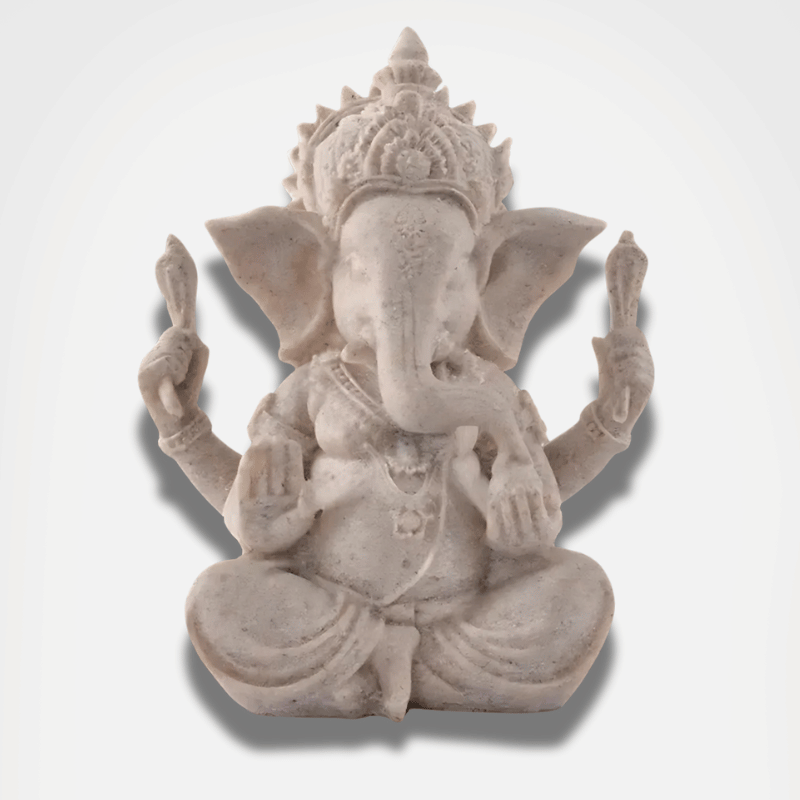
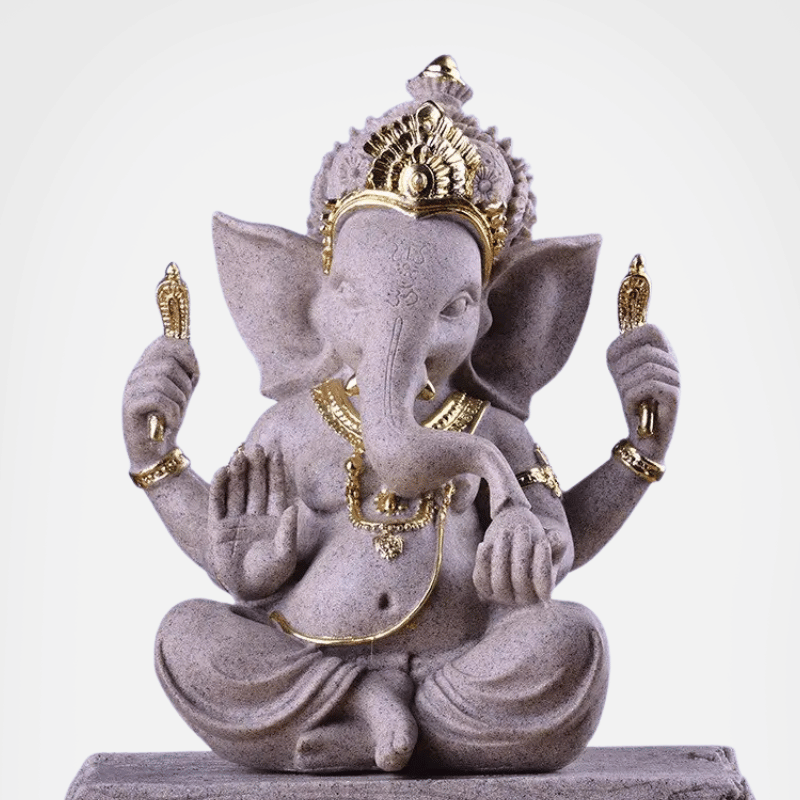
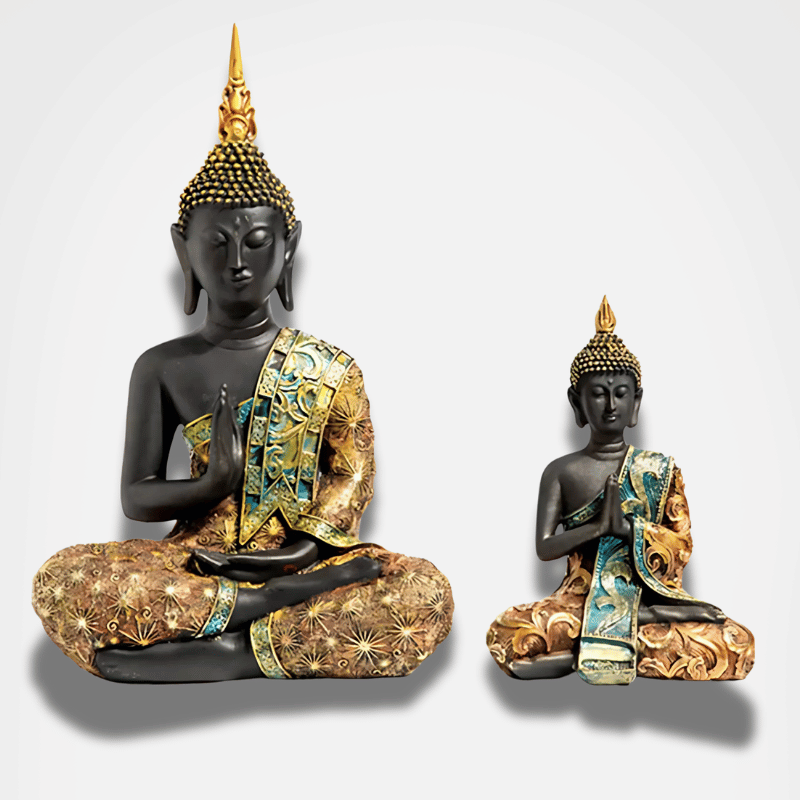
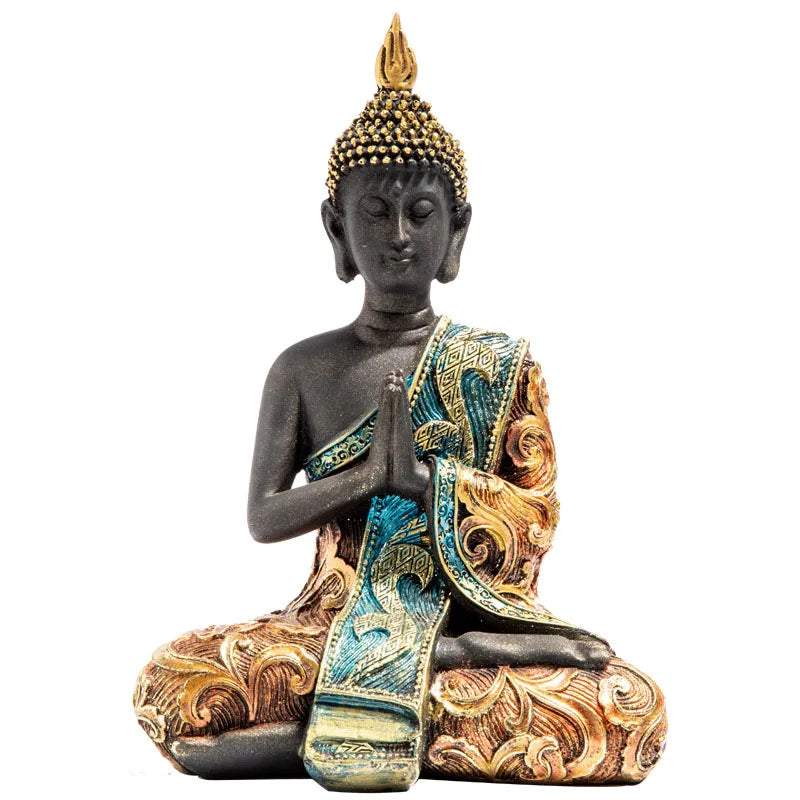
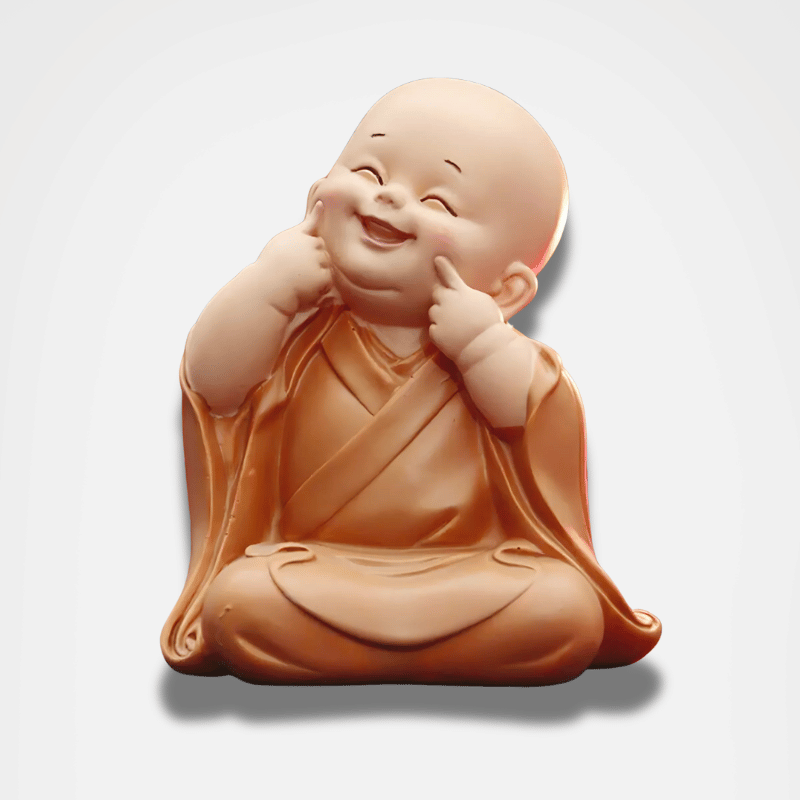



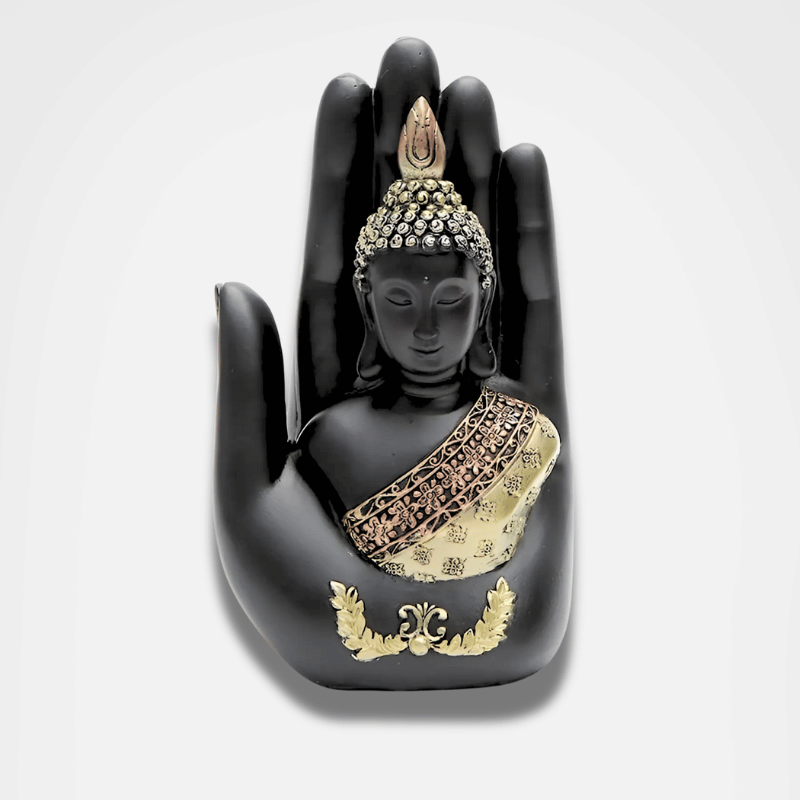
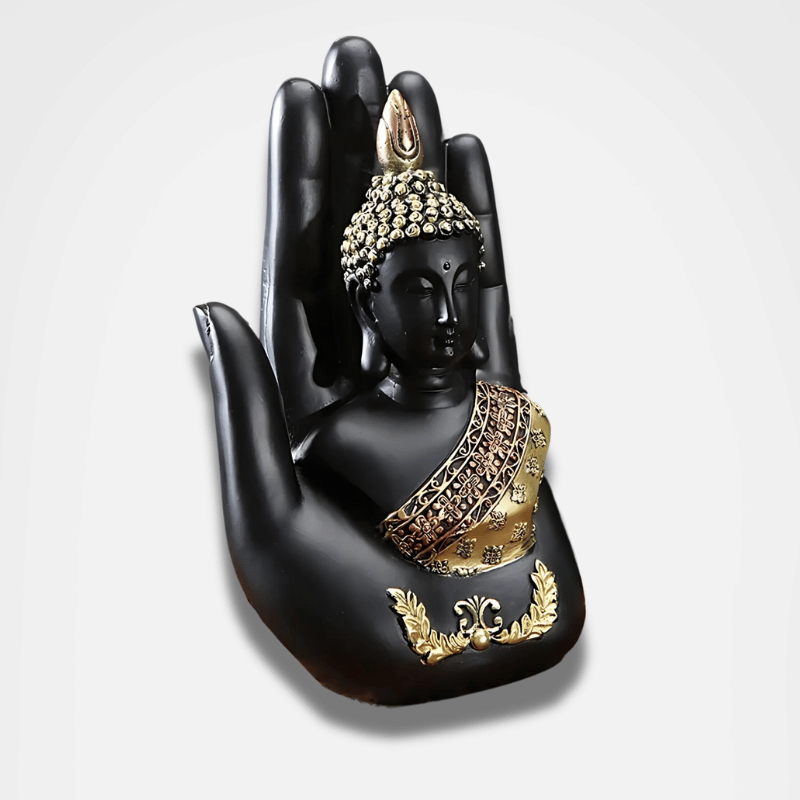










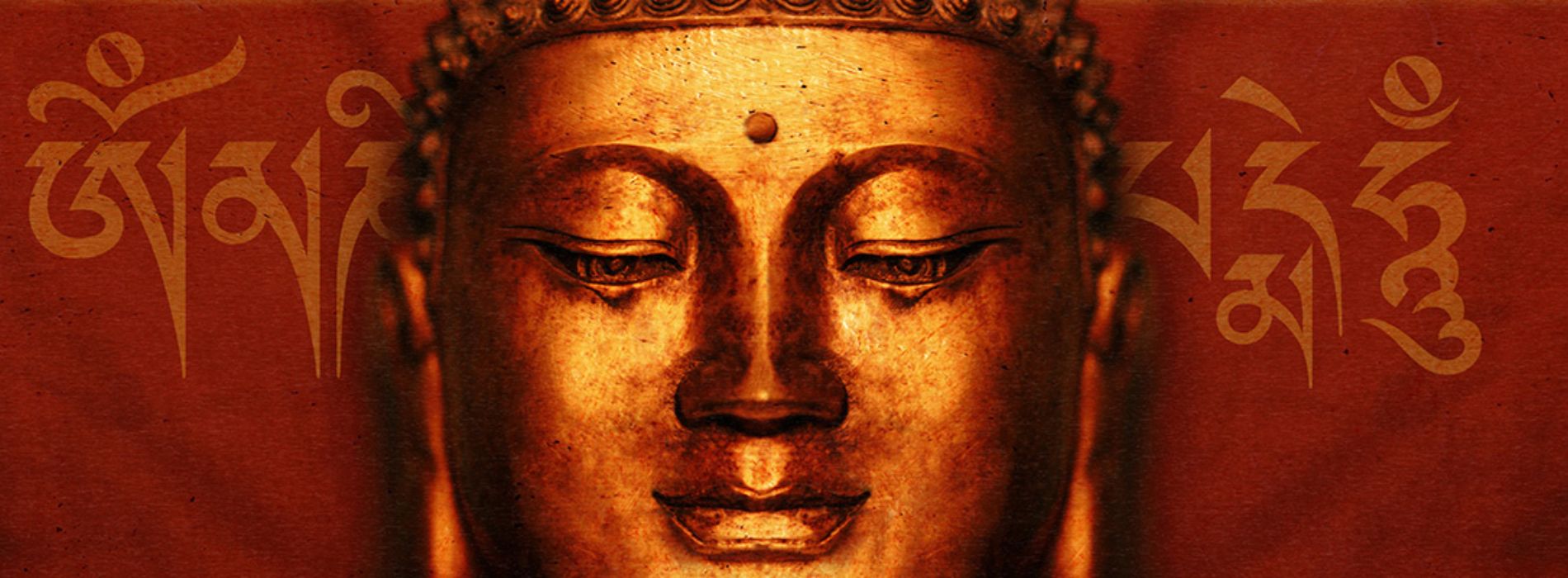



3 comments
Madou Julien
Comment méditer et faire le vide afin de se connecter à son esprit
Christian
Merveilleux texte utile bouddhiste, très enrichissant, merci beaucoups du partage.
Louis
Je suis heureux de découvrir la loi merveilleuse aujourd’hui objet de la grande joie